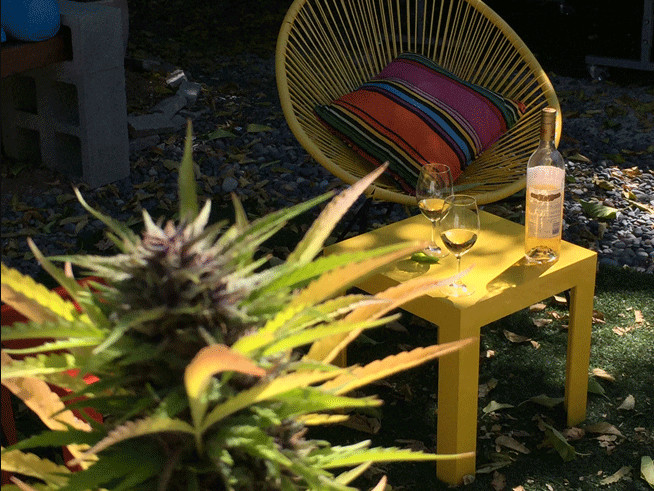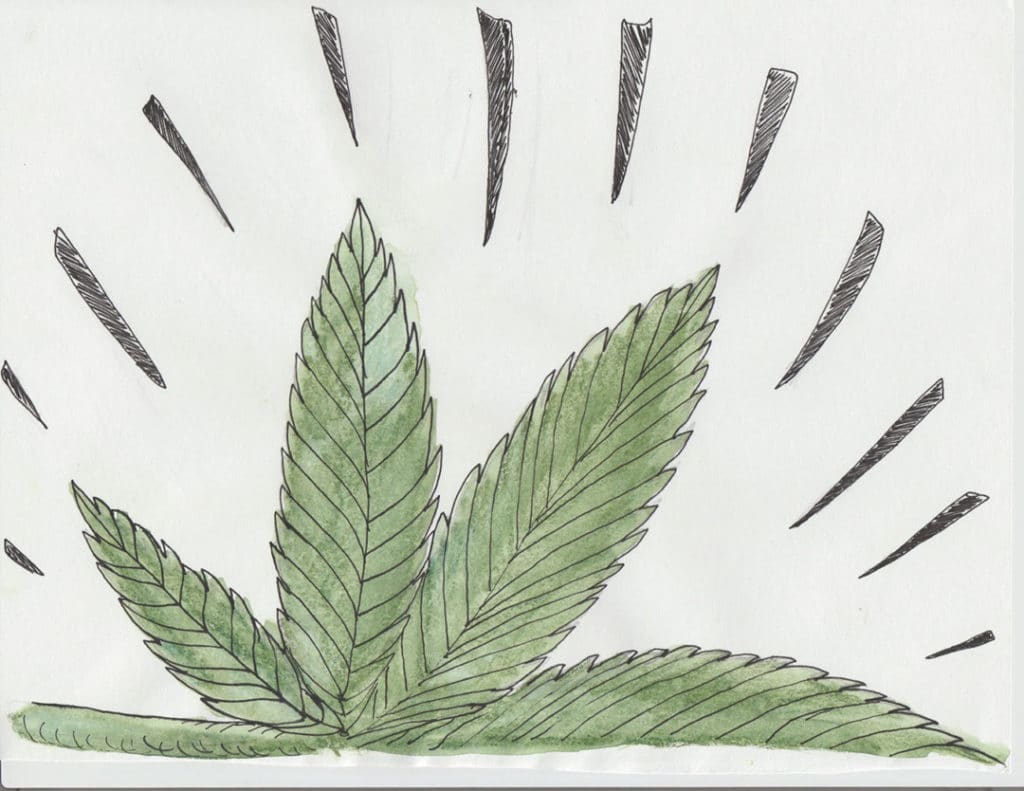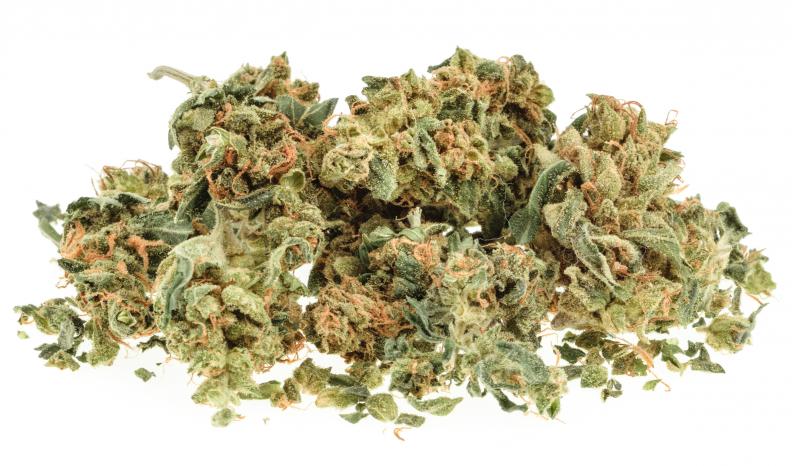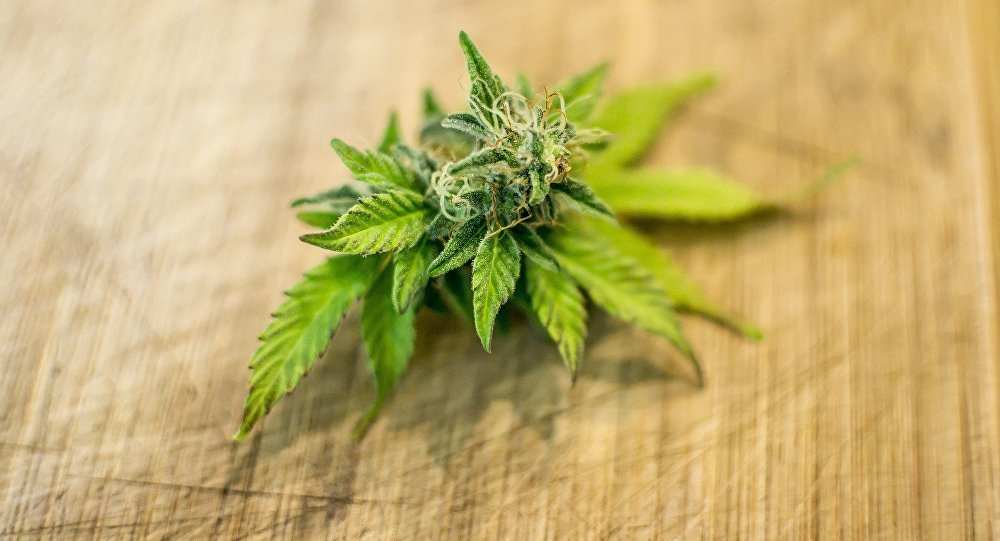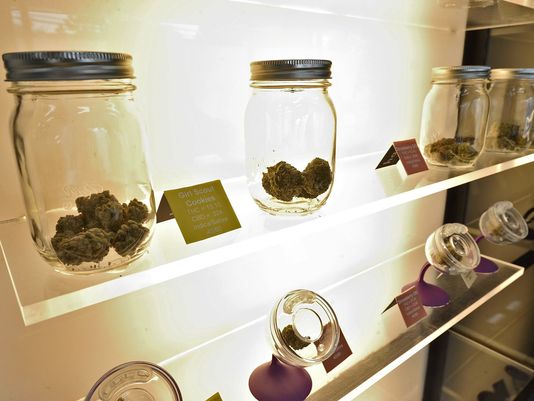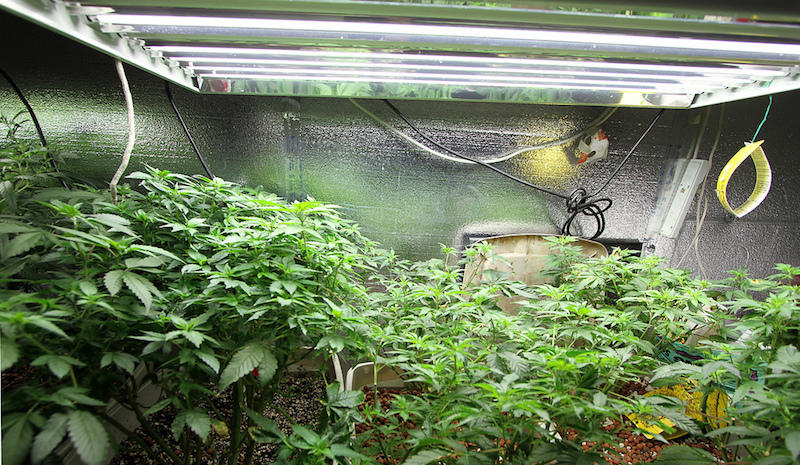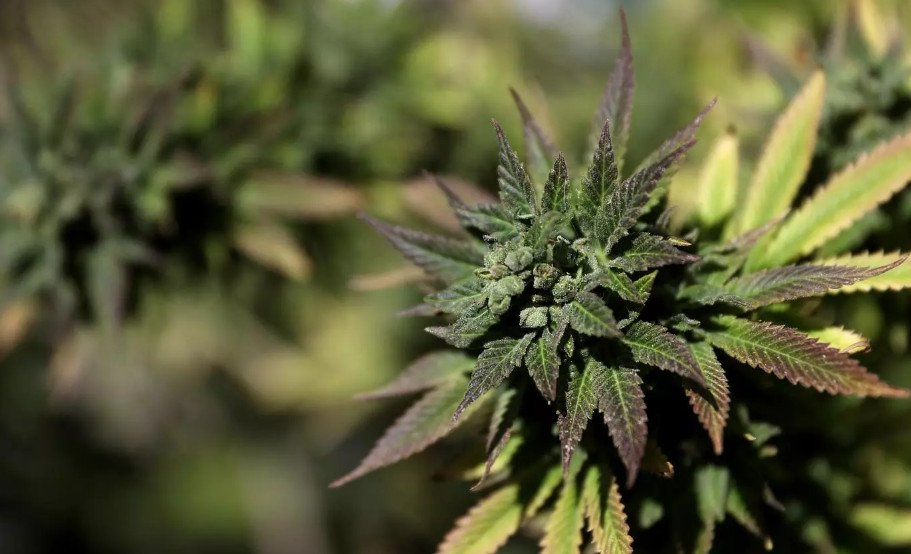The battle of the buzz has officially commenced.
This year saw a flurry of activity in the adult beverages sector as beer and wine producers attempted to stanch the flow of dollars headed to the expanding cannabis industry. Scrambling to create the next great altered experience, alcohol makers are busy experimenting with a variety of marijuana riffs to hopefully lure back some of those deserting dollars.
Looking to gain market share ahead of legal recreational pot sales set to ignite across Canada on October 17, a few notable moves occurred this year in North America. Alcohol seller Constellation Brands — makers of Corona beer and Mondavi wine — ponied up $4 billion purchasing a 38 percent stake in Canadian medical marijuana behemoth Canopy Growth Corporation. Heineken International joined the foray launching a cannabis-infused, non-alcoholic drink with hop-flavoring made by Lagunitas. And liquor giant Diageo is reportedly in talks with a few major marijuana producers.
Suffice it to say that the dual industries of alcohol and cannabis are now firmly on converging paths to capture your palate — and your wallet.
Consumers can expect the merging of marijuana and adult drinks to inspire some spin-off businesses, too, many of them existing in the ancillary cannabis market, or non-plant-touching sector that does not directly sell or produce marijuana. It’s an important distinction. While medical cannabis is legal in a majority of American states — and recreationally legal in nine states — the drug is still federally listed as a Schedule 1 substance and considered illegal by the U.S. federal government. That glitch has many entrepreneurs cautious about diving headlong into American cannabis due to problems with banking, investing and national distribution — all of which are governed by the feds. But the ancillary cannabis space is largely shielded from those worries and far less hampered.
Van Solkov, founder of Happy Travelers Tours in Sonoma County, California, felt that the parallel worlds of wine and marijuana could be combined in his area without ever actually selling either wine or pot. “I was sitting at a coffee shop on the Sonoma Square watching wine tour bus after wine tour bus roll through town,” he says. “And the idea hit me. Wine and weed tours.”
Solkov says he immediately did some research on the competitive landscape, barriers to entry, regulations and startup costs. It was prognosis positive on all fronts. Buoyed by Sonoma’s world-renown wine reputation — and its lesser-known but still impressive rep as one of the premier marijuana cultivation regions in the U.S. — the concept for Happy Travelers was born. Not long after recreationally legal cannabis became available in California in January 2018, Solkov began running wine and weed tours and has seen consistent bookings week over week ever since. “In fact, we are seeing a 25% growth in bookings month to month,” he says.
Tours range from three-hour outings sampling local wines and curated cannabis from nearby retailers to full overnight stays at a cannabis farm complete with a cannabis-infused dinner. All tours also include a “sip-and-sniff” experience where cannabis flowers are ground up revealing fragrant aromas called terpenes and paired with similar scents and tastes from wine. Stops at premium vineyards and at marijuana grow sites — where guests can learn to trim marijuana buds and roll joints — have been favorites for guests, says Solkov, many of whom have never before viewed an actual pot plant.
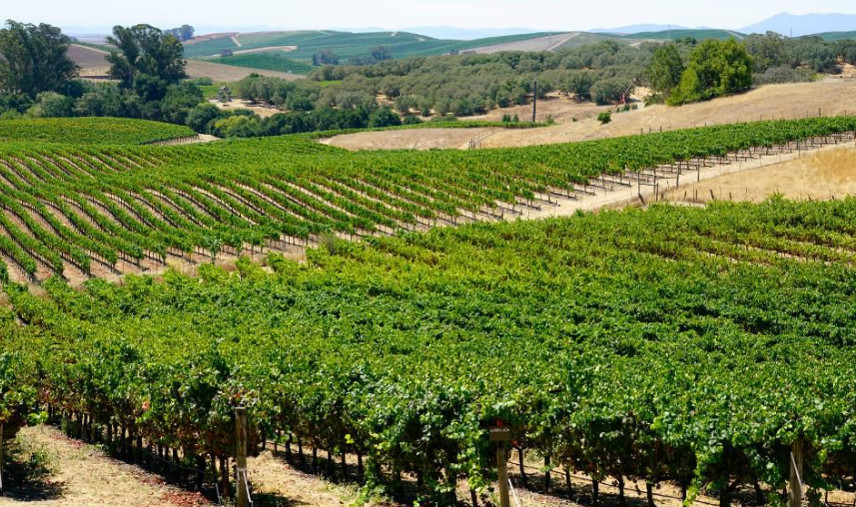
Credit: www.forbes.com
At first glance, the tour may read a bit like a weed and wine Bacchanalia — but Solkov’s intentions aren’t that at all. Trips are designed with an emphasis far more on education and the normalization of cannabis. “We focus on educating our guests on the convergence of wine and weed, not on the idea of being on a party bus,” he says. “I want to help destigmatize both cannabis consumption and the image of the cannabis consumer.”
Perhaps no better pronouncement of marijuana’s appropriateness alongside wine is the formation of appellation designations being discussed for cannabis growing areas in California, currently being planned by the California Department of Food and Agriculture. In the same way that vintners have set their products apart from other wine makers based on geographical regions (like Napa and Bordeaux), marijuana producers are looking to develop a similar status for their celebrated areas.
The company’s success out the gates this year has Happy Travelers Tours evaluating expansion of its tours into other wine markets, including the Sierra Foothills, Santa Cruz County, Washington State’s Columbia Valley, and Oregon’s Josephine County. With now the entire west coast of North America enjoying legal marijuana, Solkov’s tours could very well find an audience spanning from San Diego to Vancouver, B.C.

